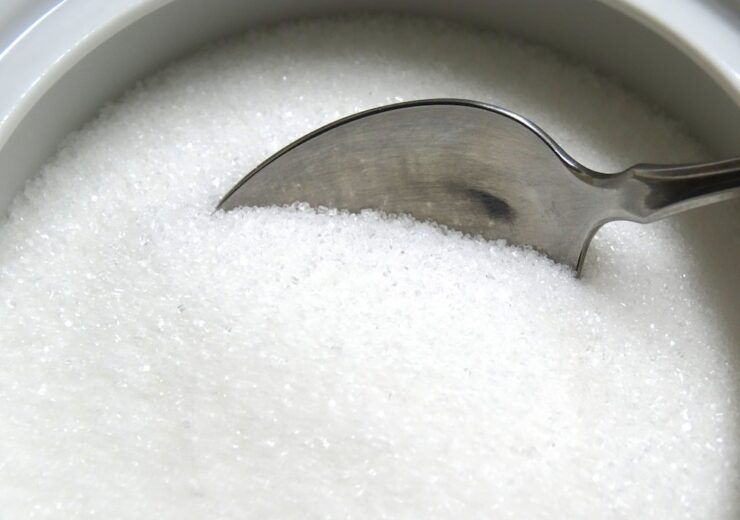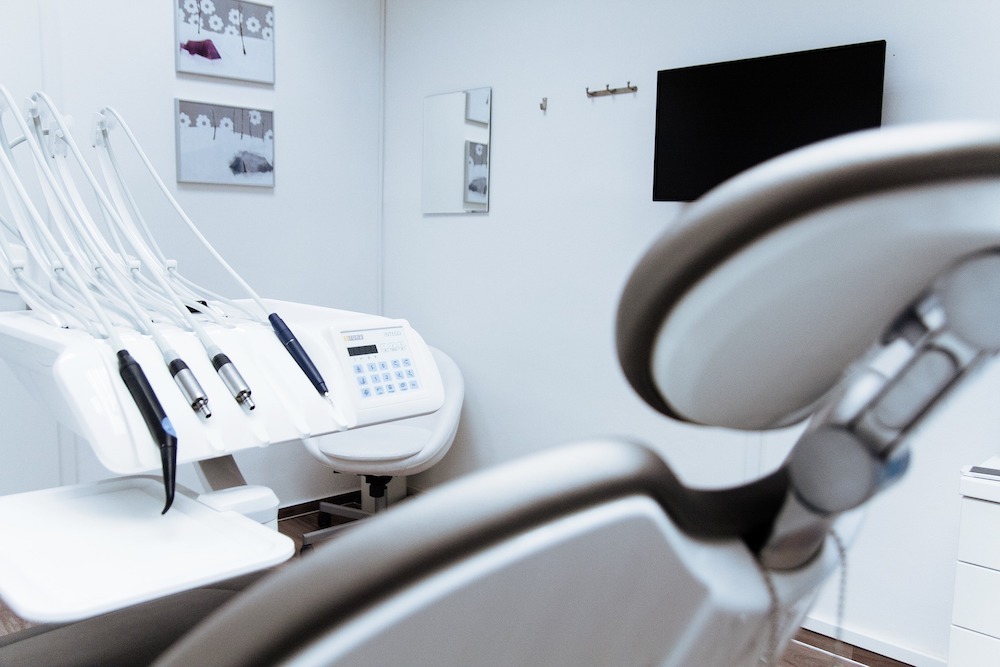Charity Action on Sugar found that 91% of the fruit snacks it looked at did not carry front-of-pack traffic light labelling

Action on Sugar's research discovered that 65% of products it looked at had the equivalent of two teaspoons of sugar or more in one single portion (Credit: Pixabay)
Health experts are calling for more honest labelling on “so-called healthy fruit snacks”.
It comes after a product survey conducted by UK-based charity Action on Sugar found that many of these products are “loaded with sugars and misleading claims” — with some containing the equivalent of almost five teaspoons per serving of sugar.
It also discovered that 65% of the products looked at had the equivalent of two teaspoons of sugar or more in one single portion.
Action on Sugar has also called for a ban on the use of misleading claims such as “one of your five a day”, “naturally occurring sugars” or “made from real fruit”.
Graham MacGregor, Action on Sugar chairman and a professor of cardiovascular medicine at Queen Mary University of London, said: “Whilst the government gets to grips with the current Covid-19 pandemic, it mustn’t ignore that the situation is fuelling the UK’s other pandemics — obesity, Type 2 Diabetes and tooth decay — all linked to high sugar intakes which the food industry is solely responsible for.
“It’s imperative that whichever organisation takes over from Public Health England, ensures comprehensive and compulsory reformulation targets are set across the whole food industry to gradually reduce the amount of sugar and excess calories in food and drink.”
All fruit snacks looked at would have red traffic light labelling on them, says researchers
To conduct the survey, researchers at Action on Sugar purchased 56 products from a range of UK-based supermarkets and retailers between 24 August and 5 September 2020.
The study focused on coated and flavoured dried fruit — such as yoghurt coated raisins and sour raisins — as well as processed and extruded fruit, such as fruit winders and fruit strings.
Items excluded from the research included dried fruit with additions — such as oat bars, fruit and nut bars, puffs and wafers — whole dried fruits, fruit crisps, and chocolate-coated fruit and chocolate-coated extruded fruit.
Of the fruit snacks surveyed, 91% had no front-of-pack traffic light labelling, yet “all” featured claims that implied they were “healthy”.
Alongside this, all of the fruit snacks surveyed would have had red traffic light front-of-pack labelling for high sugars on them if included.
According to the researchers, many of these products are also wrongly advertised as “snacks” despite guidance that children should not consume these products between meals — and they’re not permitted in schools because they’re categorised as “confectionary”.
Currently, the information on product labelling is based upon total sugars — which includes free sugars found in processed fruit, table sugar and honey, as well as sugars from unprocessed fruits, vegetables and milk.
This method of labelling, according to the authors of the study, has resulted in many parents mistakenly buying processed fruit snacks under the assumption that they contribute less of the “unhealthy” sugars then they actually do.
In addition, current labelling gives an “allowance” of 90g of sugar per person, which is based on an adult’s intake and not a child’s.
Analysing the wider data, the researchers discovered that 57% of such products have more free sugars in them than Haribo Starmix confectionery per 100gs, with one product made up of 70% sugars.

Marie Farmer, founder of Mini Mealtimes — an app designed to provide parents with nutritional information on foods — said: “A large number of products targeted towards children have sugar, fat or salt levels that are over recommended limits for children of all ages.
“Busy parents have no context when they look at nutrition labels and have to rely on claims on packaging.
“Unfortunately, current nutrition labels are formatted for an adult’s average intake. This is unhelpful as children’s nutritional needs change consistently year on year.
“Claims like ‘no added sugar’, ‘all-natural ingredients’, and ‘this is high in fibre’ are all parents have time to focus on before they make a decision to buy these products.”
The researchers also said that processed fruit snacks were contributing to tooth decay — which is at a record high with the latest figures by the UK’s Local Government Association showing that nearly 45,000 hospital operations were performed to remove rotten teeth.
The British Dental Association’s chairman Mick Armstrong said: “Raisins and other dried fruits are laden with free sugars and also stick to teeth, which can cause rampant decay.
“Too many children are undergoing entirely preventable tooth extraction in our hospitals. Clearer mandatory labelling on food packaging would help parents to understand the true sugar content and danger to health posed by these seemingly innocent snacks.”
In response to the survey, trade association the Food & Drink Federation’s CEO Tim Rycroft said: “As identified by the survey, products made of pureed or extruded fruit will contain sugar as sugar naturally occurs in fruit.
“The products will all have an ingredients list, so a parent can identify if the product is just fruit or contains other ingredients.
“It will also have a nutrition declaration which will give the total sugar content, regardless of whether this comes from fruit or is added separately.
“All nutrition labelling information, including the UK government’s ‘traffic light’ label, can only use adult reference intakes.
“There are no children’s reference intakes defined by law. When products are clearly aimed at younger children, companies have to decide whether it is appropriate to include an adult-based front of pack scheme.”
